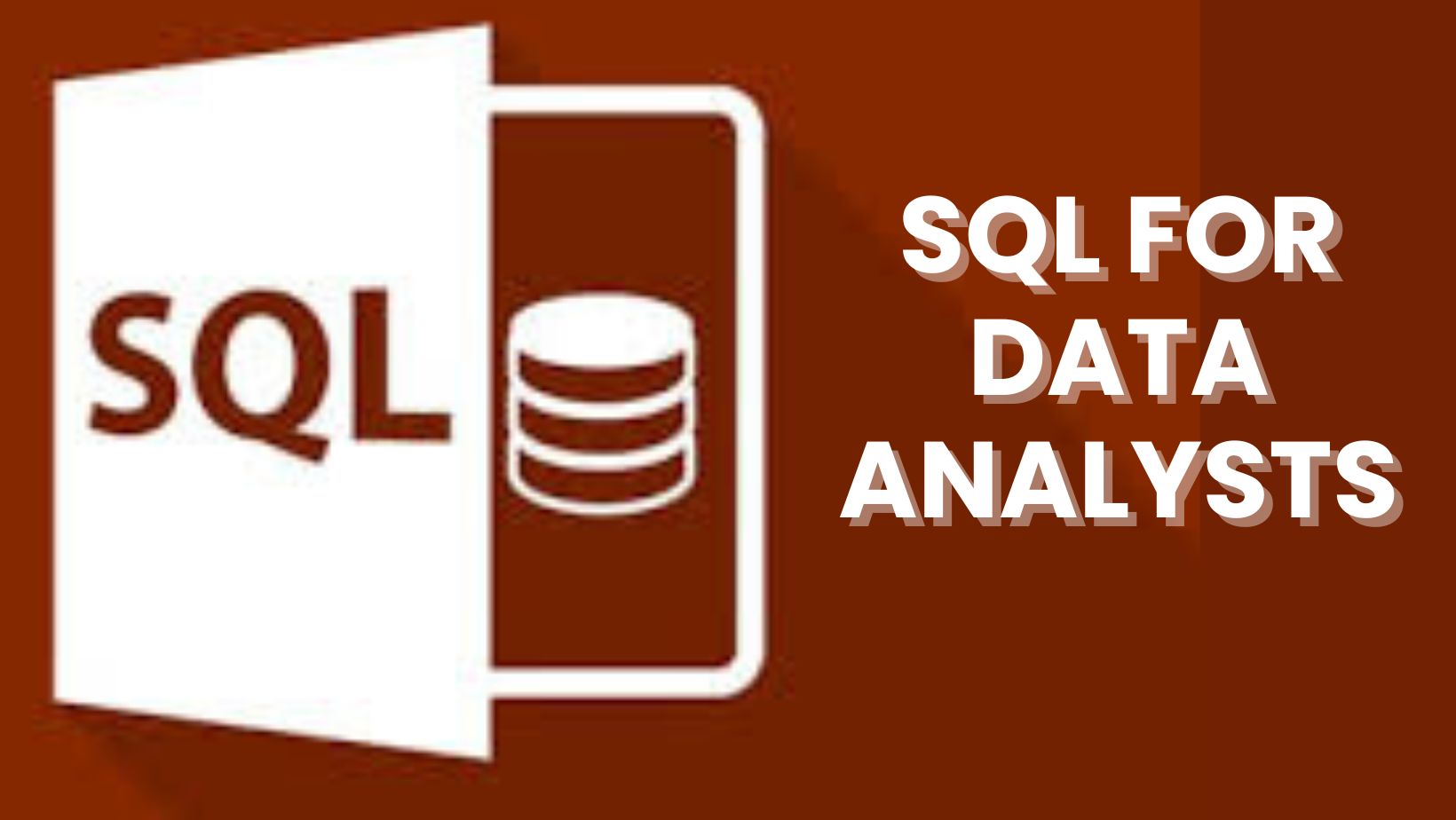 Infographics for Backlinks – Visual Goldmines for Authority Sites!
Infographics for Backlinks – Visual Goldmines for Authority Sites!
Why SQL is a Must-Know Skill for Data Analysts
Written by shivanshi singh » Updated on: June 17th, 2025

Data analysts play a crucial role in the data-driven world, making sense of vast amounts of data to uncover trends, patterns, and actionable insights. Among the many tools and technologies they must master, Structured Query Language (SQL) stands out as a cornerstone skill. This article delves into the reasons why SQL is indispensable for data analysts, its real-world applications, and how it serves as a foundation for career growth.
Introduction to SQL and Its Relevance
Structured Query Language (SQL) is a domain-specific programming language used to interact with relational databases. It allows users to create, read, update, and delete data within databases efficiently. For data analysts, SQL is the go-to tool for working with data stored in tables and extracting meaningful insights.
With the growing importance of data analytics across industries, SQL remains a fundamental skill required to bridge the gap between raw data and actionable intelligence.
SQL as a Data Analyst’s Superpower
SQL empowers data analysts by enabling them to:
Access Large Data Sets: SQL allows analysts to query vast datasets in seconds, making it indispensable for working with complex databases.
Perform Efficient Data Manipulation: Analysts can filter, sort, and aggregate data with precision using SQL commands.
Ensure Data Integrity: SQL supports constraints and validations to maintain consistency and accuracy in data storage.
Being proficient in SQL ensures that data analysts can independently manage their datasets without relying on other teams.
Core Features of SQL That Make It Essential
Some of the core features are as follows:
a. Ease of Use
SQL’s syntax is intuitive and straightforward, making it accessible even to those with limited programming experience. Statements like SELECT, WHERE, and JOIN are easy to understand and apply.
b. Universal Applicability
SQL is universally recognized and supported by all major relational database management systems (RDBMS) such as MySQL, PostgreSQL, Microsoft SQL Server, and Oracle Database. This universality ensures its relevance across industries.
c. Scalability
Whether working with a small dataset or querying millions of records, SQL is built to handle data at scale efficiently.
d. Integration with Other Tools
SQL seamlessly integrates with tools like Python, R, Tableau, and Excel, enhancing its value in the data analytics ecosystem.
Practical Applications of SQL in Data Analysis
Some of the practical applications are given below:
a. Data Cleaning and Transformation
One of the first steps in data analysis is cleaning and transforming raw data. SQL provides powerful features such as CASE statements, string functions, and date manipulations, enabling analysts to prepare datasets for analysis.
b. Generating Insights
SQL enables analysts to perform aggregations, create summaries, and group data to derive insights. Commands like GROUP BY and HAVING allow analysts to identify trends and patterns in data.
c. Building Reports
Data analysts frequently create reports for stakeholders. SQL queries can automate the process of generating dynamic reports, ensuring accuracy and time efficiency.
d. Supporting Advanced Analytics
While tools like Python and R are used for advanced statistical analysis, SQL provides the foundation by supplying the processed data. SQL queries are often integrated into scripts and workflows for predictive modeling and machine learning.
SQL is often the first skill taught in a data analyst course in Noida, Delhi, Faridabad, Ghaziabad, Gurgaon, Greater Noida, and other cities located in India, as it lays the foundation for handling databases, a critical aspect of data analysis roles.
How to Master SQL for Data Analytics
Steps to master SQL for data analytics:
a. Enroll in a Structured Course
Joining a comprehensive training program can help you build a strong foundation in SQL. Look for courses that offer hands-on projects and real-world case studies.
b. Practice with Real Data
Use publicly available datasets or company data (if permissible) to practice SQL queries. This helps in understanding how SQL works in real scenarios.
c. Learn Advanced SQL Concepts
While basic SQL covers data querying, advanced topics like window functions, CTEs (Common Table Expressions), and stored procedures are invaluable for complex analyses.
d. Participate in Online Communities
Joining forums like Stack Overflow, Reddit, or SQL-focused groups can provide insights into common challenges and solutions faced by data analysts.
e. Use SQL in Projects
Integrate SQL into academic or professional projects to gain confidence and showcase your expertise.
Conclusion
In the evolving data analytics landscape, SQL remains a critical skill that no aspiring data analyst can afford to overlook. Its ability to access, manipulate, and analyze large datasets makes it the backbone of data analysis workflows. For individuals aiming to break into data analytics or enhance their expertise, mastering SQL is an investment that pays dividends.
Note: IndiBlogHub features both user-submitted and editorial content. We do not verify third-party contributions. Read our Disclaimer and Privacy Policyfor details.
Copyright © 2019-2025 IndiBlogHub.com. All rights reserved. Hosted on DigitalOcean for fast, reliable performance.











